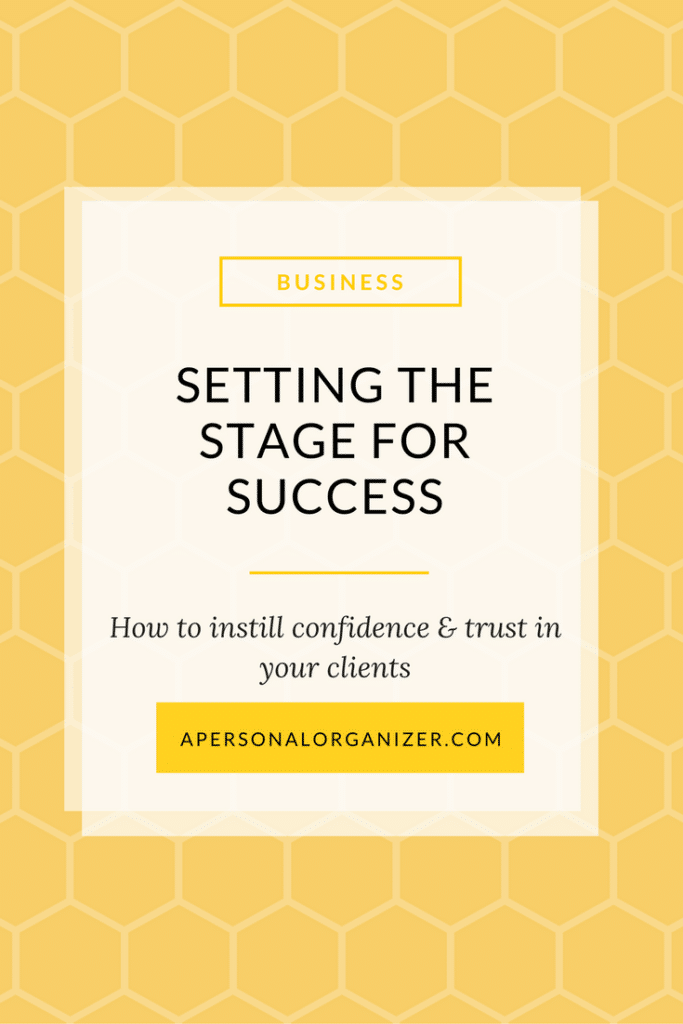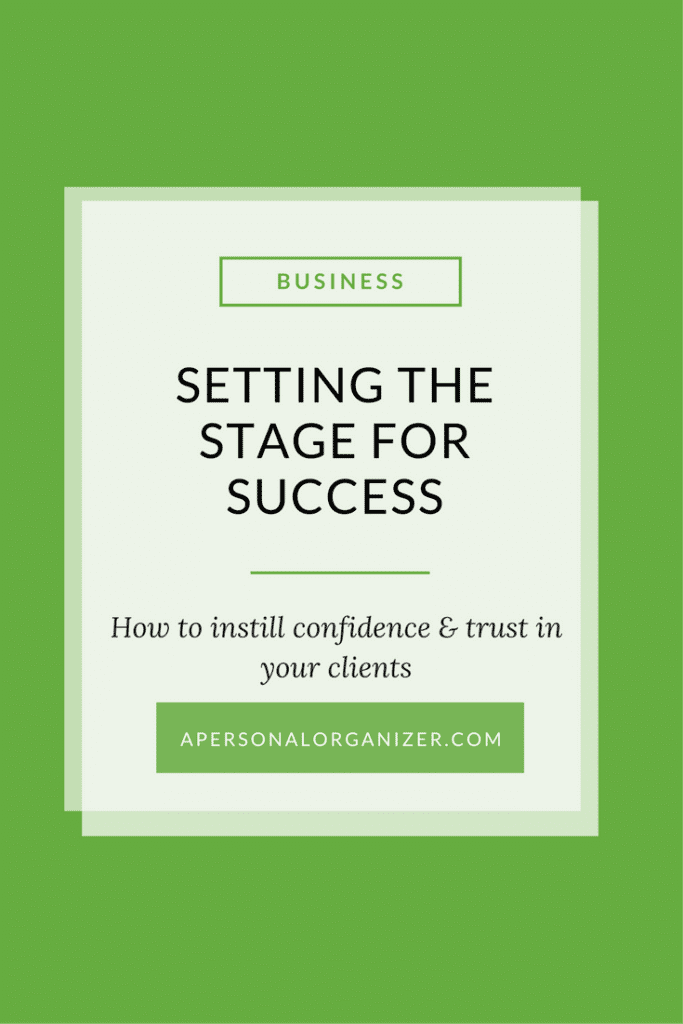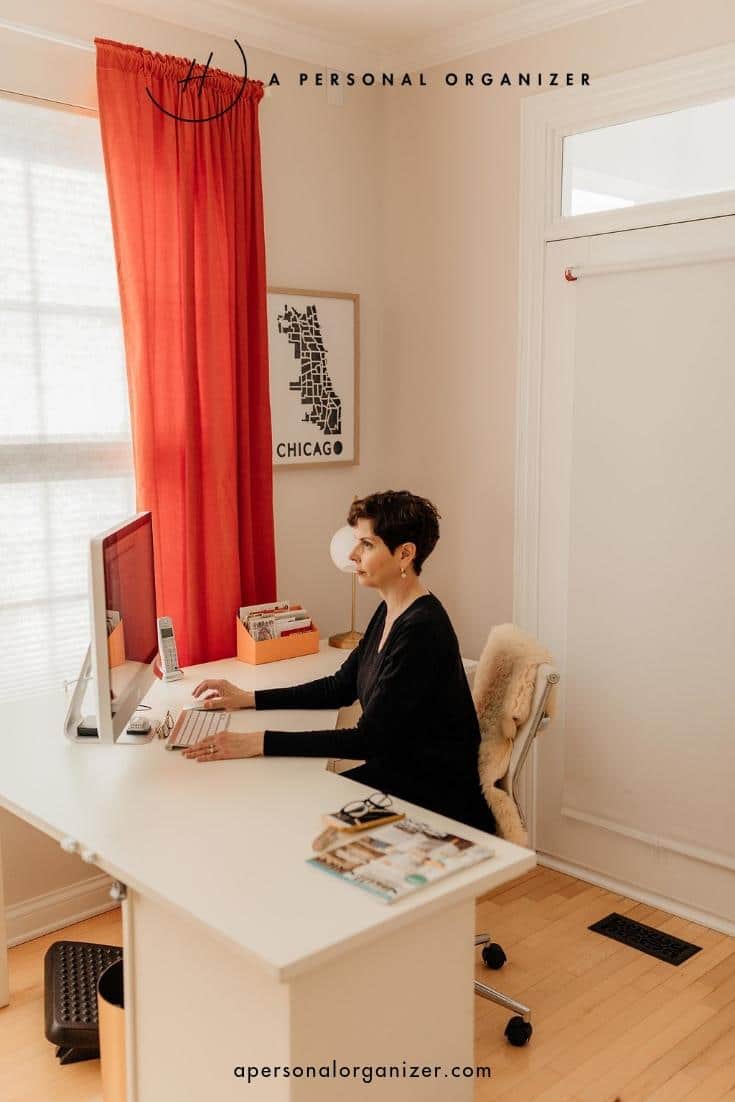Creating Trust and Building Lasting Relationships
In order for someone to open their home or office to you, you first have to gain their trust. Trust is built in a number of ways but often starts with how a business portrays itself. Below we’ll walk through how to ensure your business is presented in a professional, approachable way.

#1. Be customer-centric
You are providing a valuable service to others. Therefore, you need to enjoy working with people and be willing to put their needs first in most things.
You have heard the old saying, “The customer is always right.” The truth is that they are NOT always right, but they always THINK they are right. As your business grows, you will inevitably work with some demanding clients. Pre-qualifying clients to ensure you are a good fit is the first step to avoiding trouble. Having a written contract documenting what the client wants and what you will be providing for the amount you’ve agreed upon will eliminate confusion.
You can be sympathetic to your customer’s hardship. You can be empathetic by considering how you would feel in their shoes. But neither of those are reasons to allow someone to take advantage of you. It’s okay to say no. To stand up for what you believe and to hold clients accountable when they fail to do their part.
#2. Write your phone scripts
Answering the phone can eat up a lot of your time. Offering one-on-one consultations can as well. Write a script and leave spaces so you can fill in the blanks as you ask questions. This is especially useful during initial contact to help you pre-qualify your customers to ensure you are a right fit for one another.
#3. Be clear about your rates
The truth is, you will not be a good fit for every person who contacts you. They may need services that you don’t provide. They may not have the budget to meet your rates. That’s perfectly okay. Don’t feel bad or lower your prices just to make a quick buck. Your time is valuable. If you’re offering impeccable services, you deserve to be paid for it. Be clear about your rates from the onset and only work with those who can afford it.
#4. Go with your gut
If you get a bad feeling about the client or the sense that they are going to be more trouble than they are worth, don’t be afraid to turn them down. You are a professional with a career. You don’t have time to deal with nonsense.
Have a cell phone for work only
Have a work cell phone with a professional voicemail message. State what you would like to know from them besides name and telephone. This can help you pre-qualify clients more efficiently. If you only return calls during certain hours, state that in your voicemail message as well. This keeps the client from waiting around for a return call.
#5. Make sure your contract is clear and stand in court
This cannot be stressed enough. Do not start any job without a signed contract that is clear and concise.
Ensure it covers the scope of the project, the client’s expectations, your expectations, your rate card and any other essential terms, such as who is responsible for buying supplies, if you charge differently for phone conversations versus in person and so forth.
Consider asking for a 50% deposit before getting started.
#6. Hold an assessment session in person before signing the contract
Always meet in person to see the scope of the project before signing the contract. A client might say they need “a few things organized,” but in reality, they could be a hoarder that can barely get from one room to the next.
#7. Dress for success
Other than during your initial contact meeting, your attire should be professional, but not expensive or require dry cleaning; Things can potentially get messy once you dig into the actual work.
#8. Bring your bag of tricks
Every professional organizer has their tips, tricks, and tools of the trade. Keep everything in a wheeled briefcase or easy to carry container, so you have everything at hand when needed.
#9. Track everything
Create a folder on your computer and in your file cabinet for each project. This way, you can keep track of all correspondence, receipts and more. These files are for your eyes only so make a note of any concerns you have or observations you see.
#10. Be a (very!) good listener
The best consultants listen carefully to their clients’ needs and concerns. They not only hear the words but can read between the lines to understand precisely what the client needs. They ask lots of questions to ensure they understand the scope of the request.
#11. Create a timetable
Create a timetable for each project, documenting what you will do during each visit. Note anything the client must do before your appointment for you to be able to dig right in and get your share of things done.
#12. Ask for photo permission
Before and after photos of your efforts are ideal for your portfolio, but never assume they are okay to take. Be sure to get written permission to use pictures and the names of clients if you want to use them as referrals.







